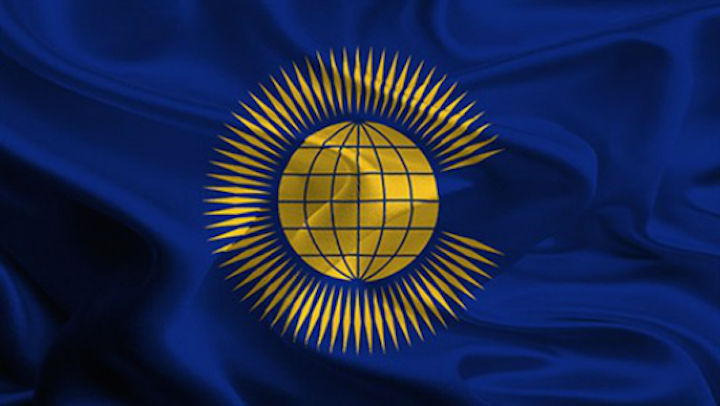Commonwealth criticised for lack of action on Maldives
A New Delhi-based rights group has criticised the Commonwealth’s failure to penalise the Maldives, arguing that the government’s “continued disregard of core Commonwealth values warrants a formal action.”

27 Feb 2016, 9:00 AM
A New Delhi-based rights group has criticised the Commonwealth’s failure to penalise the Maldives, arguing that the government’s “continued disregard of core Commonwealth values warrants a formal action.”
The Commonwealth Human Rights Initiative, a group accredited to the 53 member inter-governmental body, suggested that the Maldives had been let off too lightly by the Commonwealth Ministerial Action Group on Wednesday.
The CMAG, a body that monitors member states’ observance of democracy and human rights, had only issued a list of demands for President Abdulla Yameen, despite mounting concern over the jailing of opposition leaders, crackdown on civil and political freedoms, and growing extremism.
The demands included freedom for jailed politicians, return of exiles and inclusive all-party dialogue. The CMAG called on the Commonwealth secretariat to provide “all possible support” to the Maldives, and said the country’s progress would be reviewed in April.
Become a member
Get full access to our archive and personalise your experience.
Already a member?
Discussion
No comments yet. Be the first to share your thoughts!
No comments yet. Be the first to join the conversation!
Join the Conversation
Sign in to share your thoughts under an alias and take part in the discussion. Independent journalism thrives on open, respectful debate — your voice matters.




